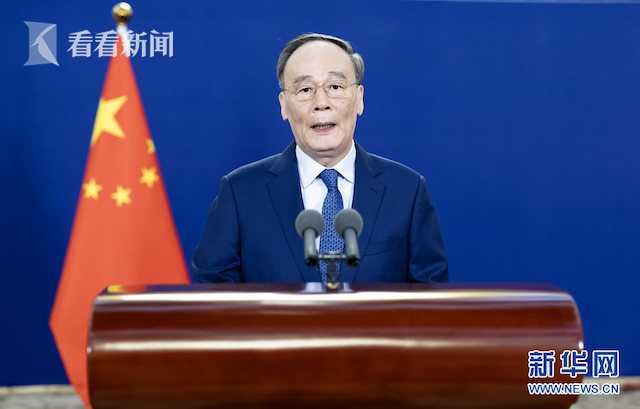Check out the news of The Knows reporter Ying Feng
2021-09-02 16:25
History enters the second half of 2021.
In such a year of unprecedented historical changes, China, the United States and Japan are all doing the same thing: on April 25, 2021, the 50th anniversary of Sino-US "ping-pong diplomacy" was held in Beijing. Chinese Vice President Wang Qishan and former U.S. Secretary of State Henry Kissinger both delivered video speeches.

On August 26, 2021, the Consulate General of the People's Republic of China in Nagoya held a grand "50th Anniversary of Ping-Pong Diplomacy" commemoration.
Jiang Feng, editor-in-chief of the Japanese Overseas Chinese Daily, interviewed Atsuko Sasaki, the wife of former Chinese table tennis player Zhuang Zedong, a participant in "table tennis diplomacy."
During the interview, Atsuko Sasaki told Jiang Feng about this little-known thing: 50 years ago, Chinese Premier Zhou Enlai actively promoted diplomacy with Japan of "promoting officials with the people." Kazuji Goto, president of the Japan Table Tennis Association, invited the Chinese table tennis team to participate in the 31st World Table Tennis Championships held in Nagoya. During that time, Chinese table tennis player Zhuang Zedong made contact with American table tennis player Cohen and exchanged gifts.
It is said that in the face of the sudden appearance of the American table tennis player Cohen, Zhuang Zedong hesitated, and Premier Zhou said that "friendship comes first", is it only for friendly countries that "friendship first"? Or is friendship first for all countries? He thought it should be the latter, so he risked violating discipline and engaged the American athlete Cohen.
From these historical fragments, it can be seen that whether it is the invitation of the Japanese Table Tennis Association to China to participate in the meeting, or zhuang Zedong's contacts with American athletes, it is a concrete embodiment of the "promoting officials with the people" diplomacy with Chinese characteristics played by the Chinese party and state leaders at that time in China's diplomatic pattern and diplomatic storm. They are the strategists of China's "ping-pong diplomacy" and the pioneers and promoters of New China's diplomacy.
Today, as we commemorate the 50th anniversary of "ping-pong diplomacy," one of the greatest significances is to fully realize that different countries, different systems, and different values can carry out exchanges as long as they jointly pursue world peace and prosperity. Communication can bring understanding and increase mutual understanding; opposites can only deepen misunderstanding and increase mutual hatred.
Today, as we commemorate the 50th anniversary of "ping-pong diplomacy," the withdrawal of the United States after the 20-year war in Afghanistan, which is called a "great defeat" by international public opinion, has further highlighted a problem, that is, the national system can learn from each other, but it cannot be copied, and the premise of borrowing is that it must be applied to the national conditions of that country; the national system can be continuously improved, but it cannot be imposed, and the premise of perfection is that it must conform to the will of the people of that country. In today's world, trying to "copy" and "impose" a certain state system that it thinks is advanced and superior through external forces can only leave a "mess" for the other country and at the same time make the prestige of our own country fall to the ground.
Today, we commemorate "ping-pong diplomacy", which cannot be limited to a review of the past, but also a new practice in the new era. On August 25, Liu Xiaojun, Chinese Consul General in Nagoya, met with former Japanese table tennis player Ai Fukuhara at the Consulate General, which generated strong repercussions among Chinese and Japanese youth and netizens. It highlights the new forms of people-to-people diplomacy - "youth diplomacy" and "network diplomacy", and how to grasp the overall situation, guide from a high position, and implement it meticulously has been placed in front of us like a new examination paper.
The diplomacy of "ping-pong diplomacy" 50 years ago has established an important belief for us: that is, "small balls can promote big balls". If we go deeper, in the Opium War of 1840, Britain opened the door of ancient China with its guns, but in the end it ended in failure. 50 years ago, "table tennis diplomacy" used the exchange of table tennis as a medium to open the door of post-war Sino-US and Sino-Japanese exchanges, bringing peace, benefit and development to the two countries, the region and the world. Such a history of positive and negative exchanges should become a classic case in the history of world development!